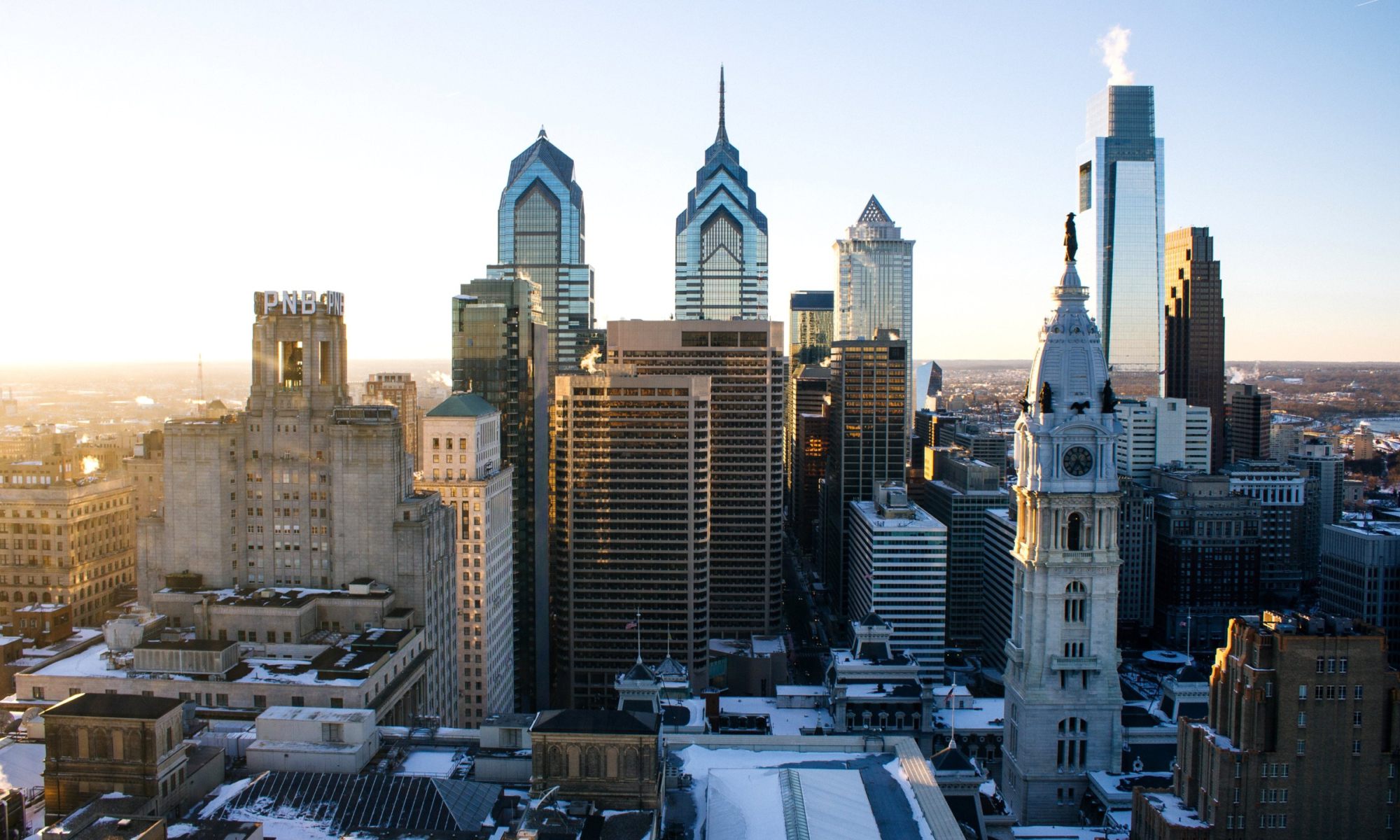The White House, under pressure to escalate national action to combat the coronavirus, urged Americans on Monday to avoid gatherings of more than 10 people and called for closing bars, restaurants and other venues in states where local virus transmission exists.
But President Donald Trump refrained from ordering sweeping public quarantines, lockdowns or curfews for the time being, even as some state and local authorities independently imposed mandatory restrictions on eateries, movie theaters and other places of leisure in a bid to contain the respiratory virus.
“We’re recommending things,” Trump told a White House news conference in issuing new coronavirus guidelines. “We haven’t gone to that step yet” of ordering a lockdown. “That could happen, but we haven’t gone there yet.”
Trump also said he felt that postponements of primary elections, like those announced in Ohio, Georgia, Louisiana and Kentucky, were generally unnecessary. Ohio Governor Mike DeWine said on Twitter his administration was ordering polls closed on Tuesday in defiance of a state court ruling to the contrary.
The number of known coronavirus infections and deaths in the United States has paled in comparison with hot spots of the global pandemic, such as China, Italy or Iran. But the tally of confirmed U.S. cases has multiplied quickly over the past few weeks, surpassing 4,600 and prompting fears American hospitals might soon be overwhelmed, as Italian medical centers have been strained to the breaking point.
At least 83 people in the United States had died of the virus, as of Monday, according to Johns Hopkins University and public health agencies, with the hardest-hit state, Washington, accounting for the bulk of the fatalities, including six more announced on Monday.
Dr Deborah Birx, the White House coronavirus response coordinator, said health officials were relying on members of the millennial generation – those in their 20s to 40s, and representing the largest living adult cohort – to alter their social behavior for the good of the public.
Millennials, she said, are “the ones that are out and about, and they’re the most likely to be in social gatherings, and they’re the most likely to be the least symptomatic” even if they are unwittingly infected and contagious, Birx told the briefing.
COORDINATED NATIONAL RESPONSE
Release of the latest 15-day plan for slowing the spread of the virus came as state and local government officials pleaded with the Trump administration to mount a coordinated response to the pandemic, as millions of workers and students were already hunkering down at home.
Besides recommendations to limit the size of gatherings and shut down public places in states where community spread of the virus is evident, Birx said one of the most important measures was for people who are sick to stay home.
U.S. President Donald Trump holds a news briefing on the coronavirus outbreak while accompanied by members of the coronavirus (COVID-19) task force at the White House in Washington, U.S., March 16, 2020. REUTERS/Leah Millis
“If everybody in America does what we ask for over the next 15 days, we will see a dramatic difference,” Birx said. The guidelines also call for entire households to self-quarantine even if just one family member is diagnosed.
The unprecedented wave of closures and restrictions, which began to accelerate last week, took on fresh urgency as New Jersey “strongly discouraged” all non-essential and non-emergency travel between 8 p.m. and 5 a.m., starting on Monday.
The states of New Jersey, New York and Connecticut struck a regional agreement to close all movie theaters, casinos and gyms as of 8 p.m. Monday (0000 GMT). Restaurants and bars in the three states – where more than 22 million people live – will serve takeout and delivery only.
Officials in six San Francisco Bay Area counties on Monday ordered residents to stay at home for all but the most crucial outings until April 7. That directive came a day after California Governor Gavin Newsom urged adults older than 65, and their caretakers, to remain indoors whether or not they have underlying health conditions.
New York Governor Andrew Cuomo, a Democrat, said efforts by state and local governments were insufficient to confront the coast-to-coast crisis.
“This is a national problem. It cannot be done in a piecemeal method,” Cuomo said, calling for bold action involving the military and Army Corps of Engineers to quickly create excess hospital capacity.
In the nation’s capital, Washington, a deeply divided Senate was considering a multibillion-dollar emergency spending bill requiring sick leave for some workers and expanded unemployment compensation, while the Supreme Court postponed oral arguments for the first time in over a century.
Washington’s mayor also announced restrictions on businesses, including curbs on bars and restaurants, in response to the outbreak.
SCHOOLS CLOSED IN 33 STATES
Some 64,000 schools were closed in at least 33 states, including in the nation’s two biggest school systems – New York City and Los Angeles. School closures nationwide were disrupting instruction for at least 32.5 million students, according to Education Week.
State restrictions on restaurants and places of leisure, while in line with expert advice to slow the spread of the virus through “social distancing,” will hit many lower-paid workers in the service industry.
Jessica Wilmot, owner of the Ancient Mariner pub in Ridgefield, Connecticut, said that while she felt closing shops was the right move, she worried about her mostly part-time staff who work paycheck to paycheck.
“Personally, I’m all for containment,” said Wilmot, noting that her revenues had already fallen about 40% last week from the prior week. “But my business view is, I’m nauseous.”
AIRLINES SEEK BAILOUT
As traders on Wall Street reacted to drastic weekend measures from the Federal Reserve to stave off a global recession, U.S. stock markets plunged anew on Monday with the S&P 500 closing down 12%.
Major airlines sought a U.S. government bailout of more than $50 billion as the White House drafted a financial assistance package following the steep falloff in U.S. travel demand. “We have to back the airlines,” Trump said on Monday. “It’s not their fault.” Separately, U.S. airports are seeking $10 billion in government assistance.
Trump, a Republican, declared a national emergency on Friday and has championed the U.S. government’s response, saying his administration has done a “a very fantastic job.” Democratic leaders have criticized him for playing down the crisis and issuing misleading or false statements.
The outbreak also has taken a major toll on U.S. sports. Major League Baseball said it would further delay the start of its 2020 season, originally scheduled for next week.
Organizers of the Kentucky Derby, planned on Tuesday to announce a postponement of the May 2 event to September due to the coronavirus outbreak, media reported.
Only once before in the 146-year history of the “Run for the Roses” has it been postponed from its traditional date of the first Saturday in May: it was delayed a month in 1945 because of World War Two.

